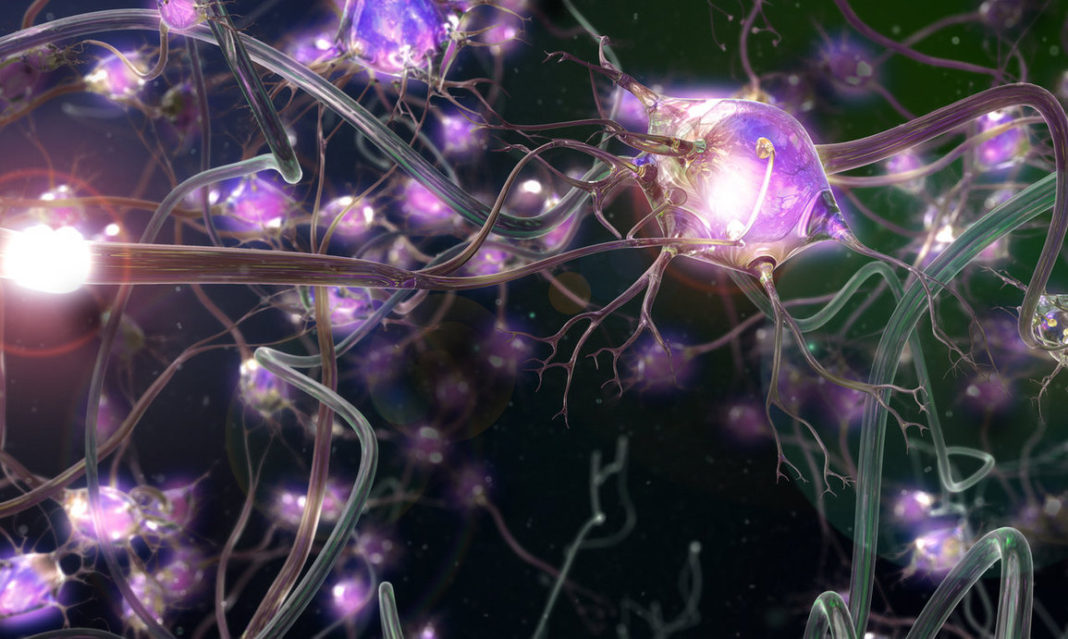A major breakthrough has just been made in the healthcare industry as researchers discover a new mechanism that has control over the way nerve cells in our brain communicate with one another when it comes to learning and long-term memory. Lead researcher Jeremy Henley from the University of Bristol, UK, said, “These discoveries represent a significant advance and will have far-reaching implications for the understanding of memory, cognition, developmental plasticity, and neuronal network formation and stabilization.”
There are around 100 billion nerve cells in the human brain with each of those making around 10,000 synapses with other cells, and each one is either strengthened or weakened depending on different brain mechanisms. Previously, one of the best-known mechanisms that could increase the strength of data flow across synapses was long-term potentiation or LTP for short. LTP is responsible for intensifying the connection between cells, making them more efficient. It also plays a vital role in various *neurodegenerative conditions. If there is too much LTP, the person’s at risk of conditions such as epilepsy, and if there’s too little, it could cause dementia or Alzheimer’s disease.
As far as the team knew NMDA receptors controlled LTP but now the researchers have discovered a new type of LTP that’s controlled completely differently by molecules called kainate receptors. “These data reveal a new and, to our knowledge, previously unsuspected role for postsynaptic kainate receptors in the induction of functional ad structural plasticity in the hippocampus,” the researchers wrote in Nature Neuroscience.
So essentially we’ve now revealed an unexplored mechanism that could prove vital to control learning and memory. Milo Petrovic is from the University of Central Lancashire and one of the researchers involved in the study, and he says, “Untangling the interactions between the signal receptors in the brain not only tells us more about the inner workings of a healthy brain, but also provides a practical insight into what happens when we form new memories. If we can preserve these signals, it may help protect against brain diseases.”
It may still be early days, but the team is confident this research will lead to a better understanding of the workings of the brain and the development of more effective treatments too. “This is certainly an extremely exciting discovery and something that could potentially impact the global population,” said Petrovic.
Related Links;
- Discovery could be a major advance for understanding neurological diseases / University of Bristol
- Metabotropic action of postsynaptic kainate receptors triggers hippocampal long-term potentiation / Nature Neuroscience
- Scientists Just Found Evidence That Neurons Can Communicate in a Way We Never Anticipated / ScienceAlert
*neurodegenerative is the progressive loss of structure or function of neurons, including the death of neurons. Many neurodegenerative diseases including amyotrophic lateral sclerosis, Parkinson’s, Alzheimer’s, and Huntington’s occur as a result of neurodegenerative processes. Such diseases are incurable, resulting in progressive degeneration and/or death of neuron cells. Via Wikipedia
More News to Read











